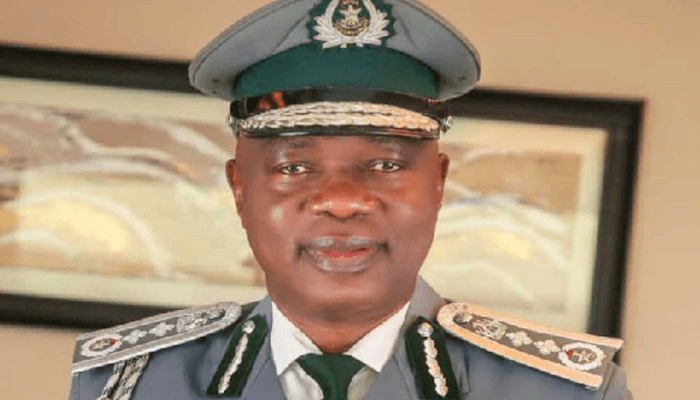By Bethel Olujobi
Copyright businessday

The Nigeria Customs Service (NCS) has begun consultations with the Federal Ministry of Finance on alternative funding sources after the government ordered the suspension of the four per cent Free-on-Board (FOB) charge on imports.
The directive, issued on Monday by Wale Edun, Nigeria’s finance minister, was acknowledged by Customs in a statement late Tuesday. It marks the second time the levy has been put on hold since its official rollout in February.
The charge was introduced to replace the one per cent Comprehensive Import Supervision Scheme (CISS) fee and the 7 per cent levy on customs duties, but it immediately drew heavy criticism from manufacturers, clearing agents and other trade groups who warned that the burden would cripple the industry and trickle down to final consumers.
Bashir Adeniyi, the Comptroller-General of Customs, had defended the policy as a statutory provision under the Customs Service Act of 2023, describing it as a painful but necessary price to pay for sustaining the Service’s operations, modernisation and trade facilitation.
With the suspension, there is uncertainty over whether the scrapped one per cent CISS fee will be reinstated to fill the gap.
The Service, which was given a revenue target of N10 trillion for 2025, almost double the previous year’s, now faces added pressure.
The Service recorded N3.7 trillion in collections in the first half of the year, leaving over N6 trillion to be raised within the remaining six months.
“We look forward to constructive engagement that will ultimately serve the best interests of the Federal Republic of Nigeria, enhance revenue generation, and support the nation’s economic growth objectives through efficient customs administration,” Adeniyi wrote in the response to the suspension.
He assured stakeholders that there will be no disruption to Customs operations, and is optimistic that ongoing discussions with the finance ministry and other stakeholders would yield constructive solutions to the debacle.



